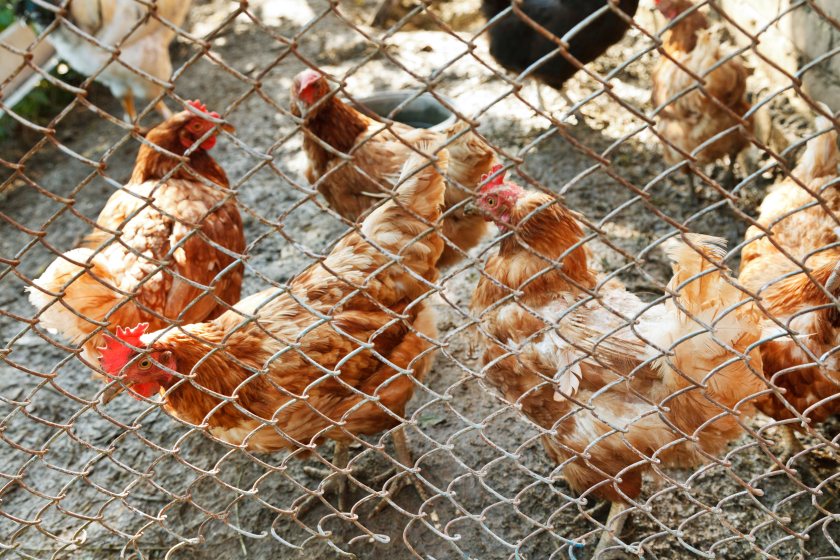
Avian influenza of the H5N8 subtype has been detected in laying chickens at a small farm in North Yorkshire.
The disease was confirmed at a commercial premises near Redcar, Redcar and Cleveland on Saturday (6 February).
All the poultry on site will be humanely culled, Defra confirmed as part of an online update on the UK's avian influenza situation.
A 3km and 10km Temporary Control Zone has also been declared around the premises.
The government has confirmed numerous cases of bird flu so far this season, prompting the roll out of mandatory housing measures across the country.
It is currently a legal requirement for all farmers and keepers to keep their birds indoors and to follow strict biosecurity measures
Public health advice is that the risk to human health from the virus is very low.
Food standards bodies also advise that avian influenza poses a very low food safety risk.
How can I prevent bird flu?
Keepers are advised by Defra to be vigilant for any signs of disease in their birds and any wild birds, and seek prompt advice from their vet if they have any concerns.
They can help prevent avian flu by maintaining good biosecurity on their premises, including:
• Housing or netting all poultry and captive birds
• Cleansing and disinfecting clothing, footwear, equipment and vehicles before and after contact with poultry and captive birds
• Reducing the movement of people, vehicles or equipment to and from areas where poultry and captive birds are kept
• Thoroughly cleaning and disinfecting housing at the end of a production cycle
• Keeping fresh disinfectant at the right concentration at all points where people should use it, such as farm entrances
• Minimising direct and indirect contact between poultry and captive birds and wild birds, including making sure all feed and water is not accessible to wild birds
Bird flu is a notifiable animal disease. If you suspect any type of bird flu you must report it immediately. Failure to do so is an offence.
